National Security Education Program Boren Fellowship
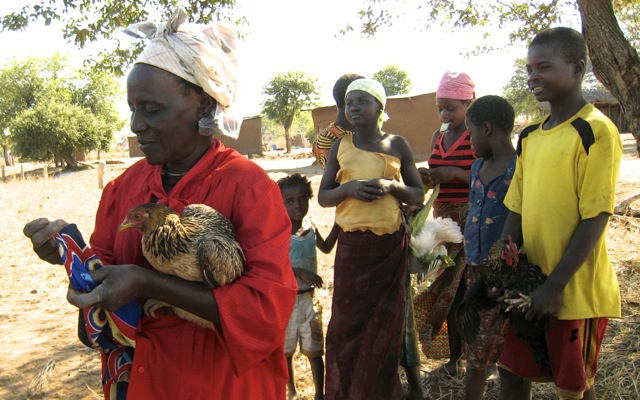
“Tudo bem?” The wrinkled little woman grasped my hand in both of hers as she gazed into my eyes and asked me the universal question. In Mozambique, as in most of the Portuguese-speaking world, the simple question is also used as a greeting, and except in the most exceptional of circumstances, the answer is always the same.
“Sim, tudo bem, obrigado.” I responded with a smile, continually amazed at the genuine openness and interest of these rural Mozambican farmers in me, a young white vet student from the USA. I sat down with about twenty others on the dirt floor, a thatched roof over our heads and open air all around us. Dr. Brigitte Bagnol started off by giving the farmers an update on the project’s results and resources, and then we went around the circle listening to each one share about their own successes and failures.
My Portuguese had progressed enough at that point that I could at least understand the majority of what was being said, but I had a much harder time expressing myself very eloquently. Fortunately, I was not there to contribute as much as to soak it all in and learn from these local experts.
The group was mostly made up of women, but there were a few older men as well. They had all decided months ago to invest a small amount of their hard-earned savings in this new venture, and they were eager to share their experiences. Their investments had gone to purchase the initial supplies required to set them up as distributors for a new heat-stable Newcastle disease vaccine.
“Woah woah woah, what does all that mean?” you’re probably asking, right? Newcastle disease is a viral disease that affects a wide variety of poultry species around the world. Although it’s been responsible for some high profile outbreaks in the U.S. resulting in millions of dollars in economic losses, it is even more important to subsistence farmers all over Africa and Asia. Poultry, and especially chickens, are an incredibly valuable resource to these people. They use them not only for eggs and meat, but also as living bank accounts, providing easy access to cash whenever it is required. Newcastle disease causes severe morbidity (sickness, failure to grow and thrive) and mortality (death) among the flocks of these small farmers, and it can act as a limiting constraint on their ability to effectively support their families.
The cool thing about this new vaccine is that it is thermotolerant, or heat-stable, which means that it doesn’t need to be refrigerated as carefully all the way from the production to the final administration to some lucky little Mozambican chicken. Most vaccines really depend upon this cold chain, and that makes them pretty difficult to use in many parts of the world that don’t have reliable electricity. This Newcastle disease vaccine can survive for several days at higher temperatures, which makes it possible to distribute it through non-traditional channels like the one I was learning about that morning on the dirt floor in rural Mozambique.
Dr. Bagnol was kind enough to let me tag along with her for about a month in the late spring of 2008. She is a French anthropologist who has lived and worked all over southern Africa for about twenty years. At the time, she was helping to administer this Newcastle disease vaccination project for the International Rural Poultry Center, an organization started by one of my Tufts’ veterinary faculty members. This professor, Dr. Robyn Alders, is another vet doing some pretty awesome work. She is originally Australian and has devoted her life to bringing small-scale but incredibly valuable veterinary solutions to subsistence farmers all over the world.
So how did I manage to swing two months in Mozambique, all without incurring a single expense out of my own pocket? I mentioned in this post that I had applied and been selected for two fellowship programs for my year off from vet school. I decided to spend the majority of my year with the NIH’s global health training program. Fortunately, both programs agreed to allow me to condense the second one into a two month timeframe.
The Boren Fellowship is administered by the National Security Education Program, which is funded through the U.S. State Department. You can check out more details on application deadlines and insight into the program in my post on the Boren Fellowship here. Its mission is to fund graduate students’ study of languages and countries that are “vital” to U.S. interests. As long as you plan to genuinely study the language and spend time learning about a country that fits these requirements, the program gives a lot of flexibility on who you work for and how you spend your days.
Sure, I had to do a ton of research and make a lot of contacts to set up the project, but it was totally worth it. Not only did I get a lot of valuable experience and insight into my own career options and ambitions, I also got to visit some incredible national parks, dive some beautiful reefs, and spend evenings reading on some of the most pristine white sand beaches in the world.
I’m not going to elaborate here on the other month of my time in Mozambique, which I spent working with the head of Mozambique’s Wildlife Veterinary Services, Dr. Agostinho Nazaré. We’ll save that for another post.
The Boren Fellowship program is still going strong, just waiting for motivated vet students like you who are willing to dream a little bit.
What are you waiting for?
[google-map-v3 width=”350″ height=”350″ zoom=”3″ maptype=”roadmap” mapalign=”center” directionhint=”false” language=”default” poweredby=”false” maptypecontrol=”true” pancontrol=”true” zoomcontrol=”true” scalecontrol=”true” streetviewcontrol=”true” scrollwheelcontrol=”false” draggable=”true” tiltfourtyfive=”false” addmarkermashupbubble=”false” addmarkermashupbubble=”false” addmarkerlist=”Maputo, Mozambique{}animal-shelter-export.png{}Kayeema Foundation #http://www.elliottgarber.com/national-security-education-program-boren-fellowship/#” bubbleautopan=”true” showbike=”false” showtraffic=”false” showpanoramio=”false”]


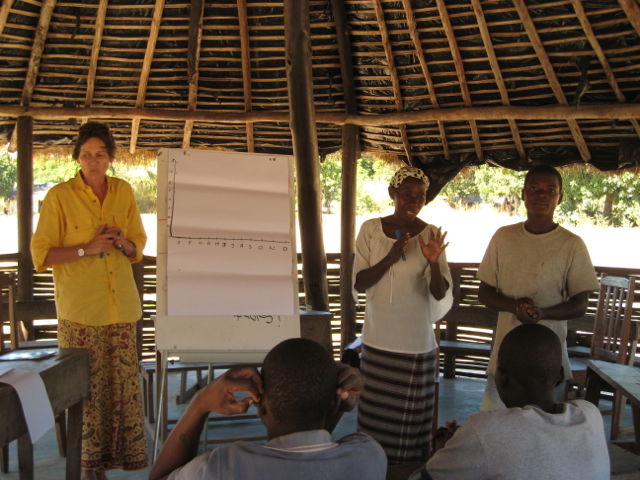
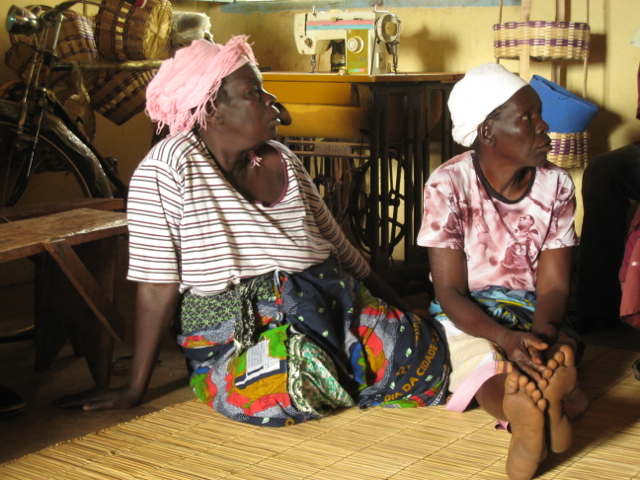
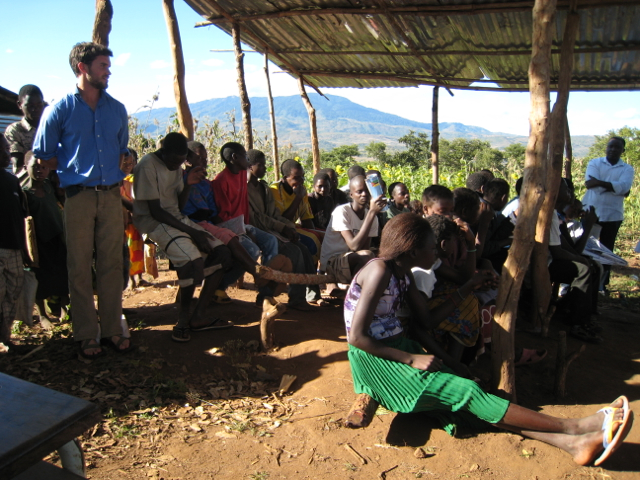
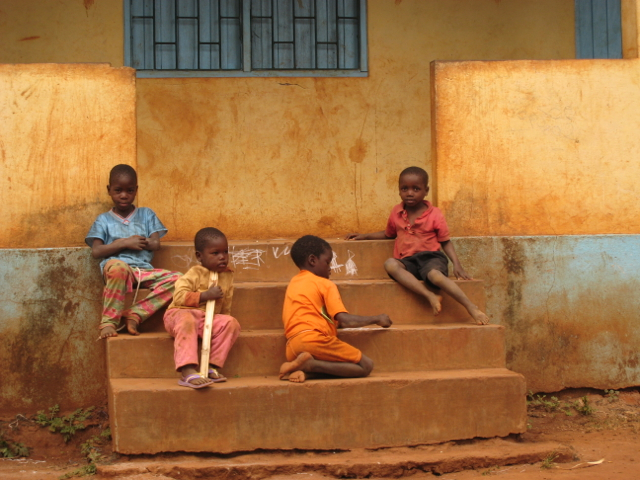
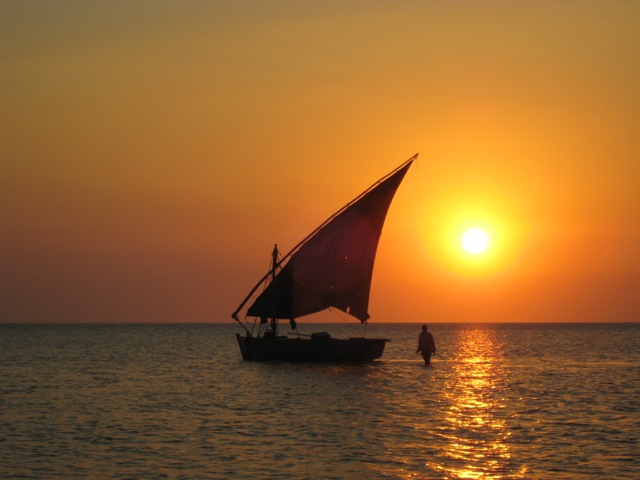
Comments
Hi! I just stumbled onto your awesome blog and was delighted to find this post about Africa. I was even more surprised to find it to be one about Mozambique. Long story short, I am deeply interrested in becoming an “uncommon veterinarian”. I was a Peace Corps volunteer in Moz, then got an MPH, and now want to go to vet school (I have an interview in a few days). I returned to Mozambique in 2008/09 during grad school,and met a woman who was working on a Newcastle project. I wonder if you know her. Unfortunately I cannot recall her name, but I do remember talking to her at a party in Maputo. She was young and darkhaired. I remember wishing I could be a part of her project because it involved using veterinary medicine to improve the health of the animals and humans….something I wanted (and still want) to do. Well, again, I love that I found this online. I will be following your posts!
Rhett
Rhett, thanks for your comment! That’s so cool that you did Peace Corps in Mozambique, and that now you’re on the path to joining the crew here as an uncommon veterinarian. You sound like just the type that we need in our ranks, and you will bring some great experience and education to wherever you end up working within the broad profession of veterinary medicine. I loved Moz and hope I can get back there some day!
Hello Elliott, I actually just received word that I got accepted as a Boren Scholar for next year in Mozambique. Curious, I started messing about with Google and lo and behold! You appeared! This blog is absolutely amazing and quite and instructive as far as I’m concerned. Would you mind if I got into contact with you to ask you some questions about my future year abroad and share my experience with you?
Hey Gareth, congrats! That’s awesome news. I loved Mozambique! I would be happy to share more about my experience with you and learn about what you’re planning. I’ll write you a quick e-mail now and we can go from there.
Hey Gareth! How random to find you on here. I’m the Resident Director for the AFLI Moz program. I encourage you to soak up all the info from Elliot you can get about his time in Moz. Additionally, if you have any specific questions about the AFLI program, Maputo, Moz or UEM feel free to email me: LaurenNFox@gmail.com
If either of you are on facebook, you’re welcome to join the AFLI Mozambique group to meet past/current participants and to share experiences and expectations there as well.
Ate ja!
Hi Elliott, I have just stumbled upon this blog and was very excited because I am a prospective Boren Fellow applying to go to Mozambique next year. I realize its been a few years, but I would love to ask you a few questions about your experiences in Mozambique. I have never been to Mozambique and it would be get some more insight from you. Would it be possible for me to contact you via email or Skype? Cheers!